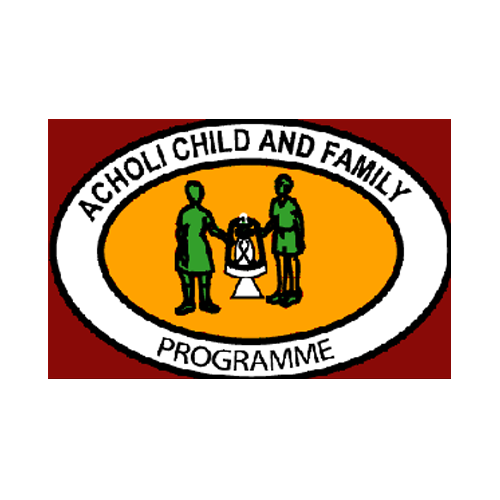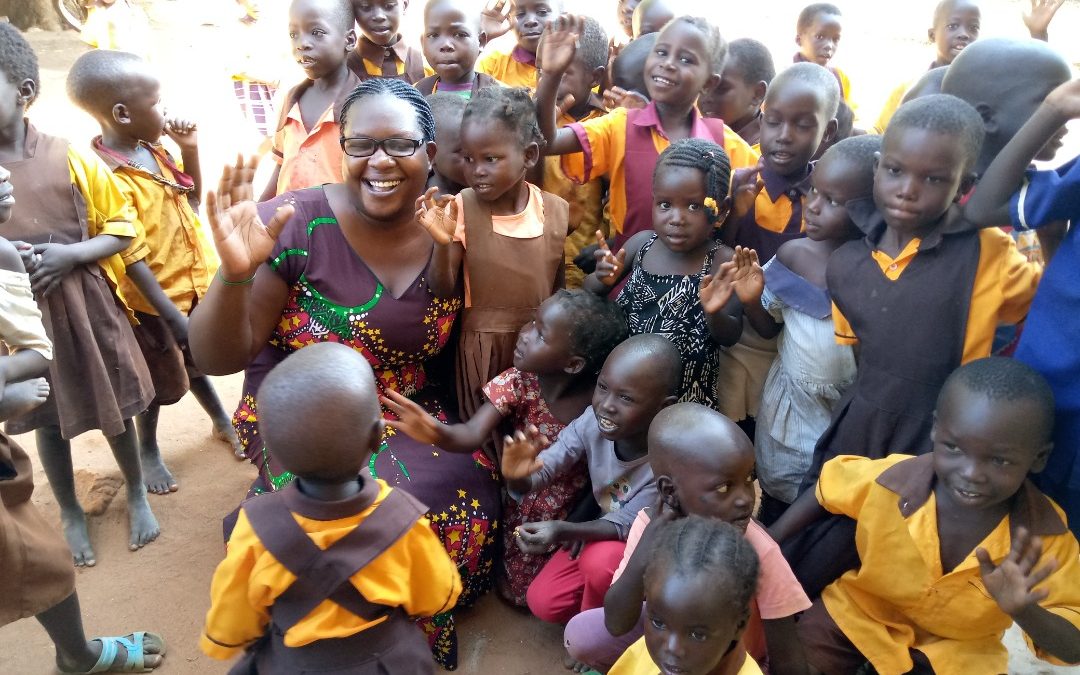New 2016 estimates reveal that 250 million, or 43%, of children in low- and middle-income countries are unable to realize their full development potential
Early childhood development (ECD) encompasses physical, socio emotional, cognitive and motor development between 0-8 years of age. Neuro-scientific evidence is rapidly evolving and in 2016,
updated evidence became available on the burden of children at risk of sub-optimal development, effective interventions, affordability of their delivery, and the cost of inaction.
The early years are critical, because this is the period in life when the brain develops most rapidly and has a high capacity for change, and the foundation is laid for health and wellbeing throughout life. Nurturing care – defined as care that is provided in a stable environment, that is sensitive to children’s health and nutritional needs, with protection from threats, opportunities for early learning, and interactions that are responsive, emotionally supportive and developmentally stimulating – is at the heart of children’s potential to develop.
ECD is a priority area of work for WHO, as it is a window of opportunity to improve health and equity. A continuum of care – from preconception through the formative early years – is needed to safeguard and maximize children’s developmental outcomes. The health sector has a key role to play. It has the potential to reach many families and children during pregnancy, childbirth and early childhood, and is poised to deliver effective interventions for optimal development of young children.


Recent Comments